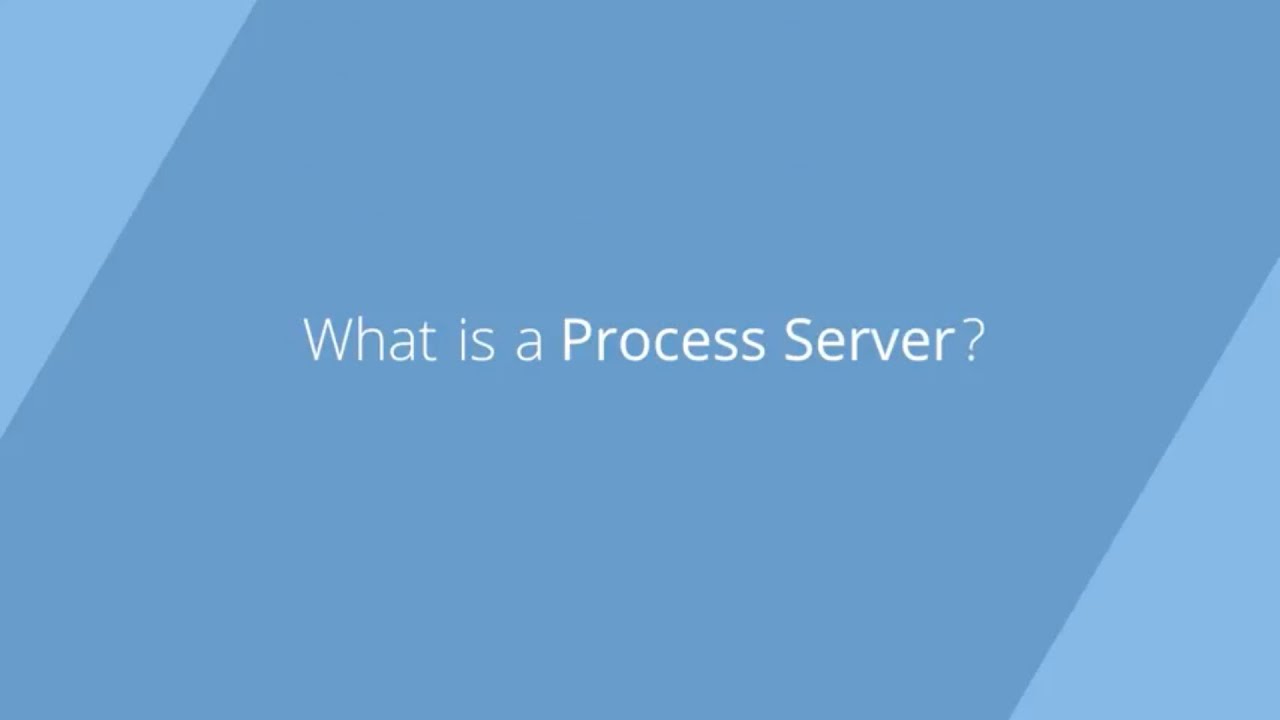Do you know what a process server is? I wonder if the word “process” or even the word “server” makes you think of a computer?
What Documents Does a Process Server Serve?
Surely you’re close enough? To better understand what a process server does and what documents they deliver, let’s take a look at this article.
A process server is a person in charge of delivering legal papers to parties who have been summoned by the courts. As well as informing the parties to a lawsuit, process servers in the United States distribute all manner of court documents. You can look for a process server service online.
It’s natural to wonder: What kinds of court documents can you find? All documents issued by a court of law, such as complaints, subpoenas, summons, and warrant citations are included in the process. Let’s dig a little deeper into what a process server actually serves now.
Complaints
We already know what complaints are based on their general connotation. In essence, these are legal actions brought against a person or entity by another. When filing a lawsuit, the complaint serves as the primary evidence. According to the complaint, the severity of the case will be determined.
Subpoenas
Process servers most frequently deliver subpoenas. These are court orders that require a specific individual to appear in court for a hearing. Subpoenas can be classified into three main categories. The Witness subpoena, followed by the production of evidence, and finally the deposition, are the three stages of a legal proceeding.
Subpoena duces tecum, or the production of evidence pursuant to a subpoena, is the next step. In most cases, these are court orders requiring parties to submit written documents or even records at a specific timeframe.
This is an attempt to bolster a lawsuit’s case. Last but not least, there is the deposition. If you’re summoned to appear in court, you’ll be subject to a much deeper interrogation, which means you’ll have to answer the questions posed.
Summons to appear in a court
This is a piece of paper in the shape of a form that the court provides to a plaintiff. A summons issued by a process server informs a party being sued by the plaintiff and requires them to appear in a court of their obligation to do so. People who are referred to as ‘witnesses’ can also be summoned to appear in court.
It is also important to note that summons is the legal process of notifying a defendant to appear before the court, and summoning someone is an organized process.
Warrants
You’ve probably heard of something called a “warrant,” haven’t you? Arrests, searches, and even the extension of detention are all possible outcomes of this common court term. Arrest warrants issued by the police are the most common.
A search warrant is the next step. Even when a court is looking for evidence and important objects or even documents at a crime scene, search warrants play a pivotal role in the investigation. The court warrant has to do with the first warrant mentioned.
In addition to the first two warrants, this is a more general term. Additionally, judges are issuing court warrants. Warrants of further detention, on the other hand, is a warrant directing the police to extend the detention of a suspect beyond the standard 24-hour period. These are the most common types of warrants, but there are a plethora of other possibilities.
Conclusion
Just a few of the legal terms associated with process servers are listed here. If you’re looking for legislative advice for your lawsuit, it’s important to know what kind of papers these people are dealing with. Having a working knowledge of these issues will make your life easier, especially if you find yourself in a situation where you must file a lawsuit or appear in court.
